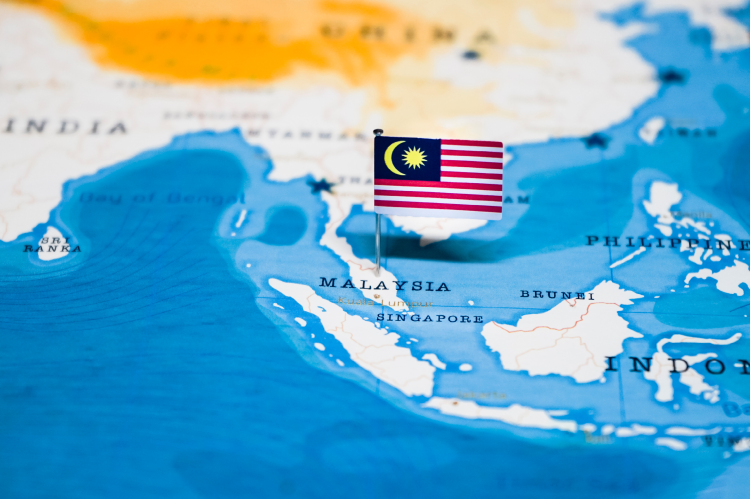Southeast Asian Nations Look To CCS As They Struggle With Climate Change

Carbon Capture and Storage (CCS) was the central focus of a discussion at the Energy Asia 2023 conference in Kuala Lumpur, Malaysia.
Companies and countries are clamoring to build Asian carbon storage hubs throughout the region in an attempt to mitigate the harmful effects of carbon emissions.
Indeed, as reported in Nikkei Asia, "concerns over the potentially catastrophic impact of a rapidly warming planet have spurred efforts by countries to set targets for achieving zero net carbon emissions by around the middle of this century. Scientists have warned that rises in Earth's temperature must be kept well below 2 degrees Celsius -- and preferably under 1.5 degrees as stipulated in the Paris climate accords -- versus preindustrial levels. CCS and carbon capture, utilization and storage (CCUS) are seen as ways to reduce the negative effects of fossil fuel use."
Malaysian state-owned energy producer Petronas, French oil giant TotalEnergies and Mitsui, the Japanese trading house, agreed last week to jointly develop a CCS project in Malaysia. The signing took place on the sidelines of the aforementioned Energy Asia 2023 conference.
The partners will "evaluate" several potential carbon dioxide storage sites in the Malay Basin, including saline aquifers and depleted offshore fields, with an aim "to develop a CO2 merchant storage service to decarbonize industrial customers in Asia," according to a joint news release.
Tengku Muhammad Taufik, president and group CEO of Petronas, said the latest partnership shows the company's commitment to positioning "Malaysia as a regional CCS hub to capture opportunities in the energy transition," while reducing the carbon footprint of Petronas' operations.
These words were echoed by similar statements from the likes of Adif Zulkifli, executive vice president and CEO of Petronas's upstream business, Nicke Widyawati, president director and CEO of Indonesia's state oil company Pertamina and Montri Rawanchaikul, CEO of Thai state oil company PTT Exploration and Production (PTTEP).
Nicke Widyawati, Pertamina's president director and CEO, summed up the consensus on CCS, calling carbon capture a "game changer" in terms of achieving net-zero carbon emissions in remarks at the conference on Wednesday. But she stressed that is "not-zero emission. We still need such energy in [the] energy mix" for balance, with the challenge being "how to reduce the carbon from our existing oil and gas."

